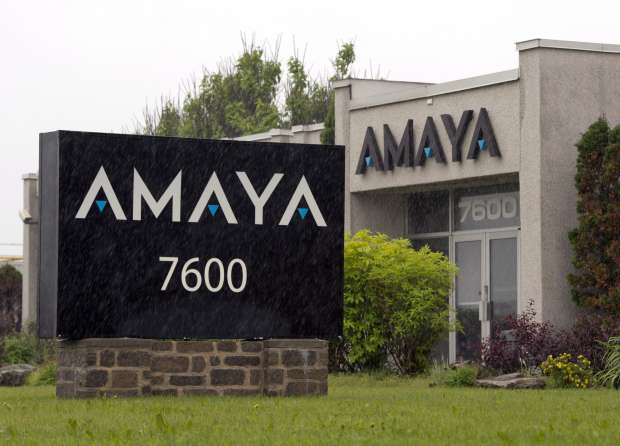






David Baazov Resigns 'From All Positions' With PokerStars' Parent CompanyReal-Money Online Poker Revenue Basically Unchanged In Q2 |
|
|
 Amaya Gaming, owner of the PokerStars platform, said Friday that former CEO David Baazov has resigned “from all positions” with the company. Baazov took a voluntary leave of absence from his positions as CEO and board chairman following insider trading charges that were made public in March.
Amaya Gaming, owner of the PokerStars platform, said Friday that former CEO David Baazov has resigned “from all positions” with the company. Baazov took a voluntary leave of absence from his positions as CEO and board chairman following insider trading charges that were made public in March.
Baazov pleaded not guilty to the charges stemming from the alleged use of privileged information when trading company shares between December 2013 and the June 2014 deal to acquire PokerStars, the world’s largest poker site, for $4.9 billion.
Rafi Ashkenazi, who was appointed interim CEO in March, is now at the helm of Amaya “on a permanent basis,” the company said. Baazov had remained president and a board member.
“I am proud of my contributions in building Amaya into the successful company it is today, and continue to be supportive of its strategy and management,” Baazov said in a statement.
Also on Friday, Amaya announced financial results from the second quarter of 2016.
The company’s real-money online poker revenue for the quarter was $215.6 million, which was virtually flat year-over-year. Total company revenue was $285.9 million for Q2, up 10.2 percent year-over-year.
Revenue from real-money online casino and sports book offerings represented 21 percent of total revenue for the quarter, up from 12 percent during Q2 of 2015. In other words, poker is a shrinking component to Amaya’s overall business.
Revenue from Internet poker was $216.4 million from the first three months of 2016, down 11 percent from $242.8 million during the same period a year prior. Poker revenue as a percentage of Q1 total revenue fell from nearly 90 percent last year to 75 percent this year.
Amaya controls roughly 70 percent of the worldwide real-money online poker market. It had 44 percent of the online poker market in New Jersey during Q2 of 2016. The Garden State has more than 90 percent of the regulated online gambling market in America.
PokerStars is currently involved with a high-stakes lobbying effort for online poker regulation in the state of California. In a California online poker hearing in April, the charges against Baazov were mentioned by a tribal group that opposes PokerStars being involved with the Golden State market. Some California tribes have long opposed PokerStars vying for a license because of its presence in American cyberspace between 2006 and 2011. PokerStars settled its case with the federal government in 2012 without admitting to any wrongdoing.
